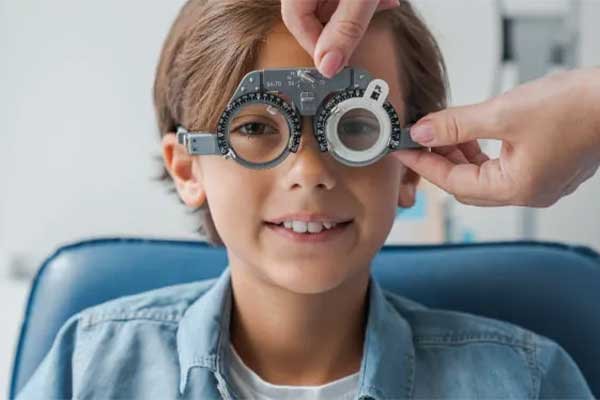Eye Vision, hearing & dental check up
Regular check-ups for eye vision, hearing, and dental health are crucial for maintaining overall well-being. These assessments help in early detection and treatment of potential issues, ensuring a higher quality of life.
Regular eye exams can detect conditions like glaucoma, macular degeneration, cataracts, and diabetic retinopathy early, allowing for timely intervention and treatment.
Routine hearing checks are important for detecting hearing loss, ear infections, and other auditory issues, which can significantly impact communication and quality of life.

Eye Vision Check-Up
An eye vision check-up involves a series of tests to evaluate vision clarity, focus, and eye health. Common tests include:
- Visual Acuity Test: Measures how well you see at various distances.
- Refraction Test: Determines the appropriate prescription for eyeglasses or contact lenses.
- Eye Movement Test: Checks how well your eyes move and work together.
- Pupil Response Test: Assesses how your pupils respond to light.
- Retinal Examination: Examines the back of the eye, including the retina, optic disc, and blood vessels, often using dilation drops.
- Tonometry: Measures the pressure inside the eye, a key test for glaucoma.
Regular eye exams can detect conditions like glaucoma, macular degeneration, cataracts, and diabetic retinopathy early, allowing for timely intervention and treatment.
Hearing Check-Up
A hearing check-up evaluates your ability to hear various sounds and understand speech. Key components include:
- Pure Tone Audiometry: Tests your ability to hear different pitches and volumes using headphones and tones.
- Speech Audiometry: Measures how well you understand speech and can repeat words at different volumes.
- Tympanometry: Assesses the condition of the middle ear by changing air pressure in the ear canal.
- Otoacoustic Emissions (OAE): Evaluates the inner ear’s response to sound waves.
- Auditory Brainstem Response (ABR): Tests the hearing nerve and brain pathways for sound, used primarily in newborns and unresponsive individuals.
Routine hearing checks are important for detecting hearing loss, ear infections, and other auditory issues, which can significantly impact communication and quality of life.
